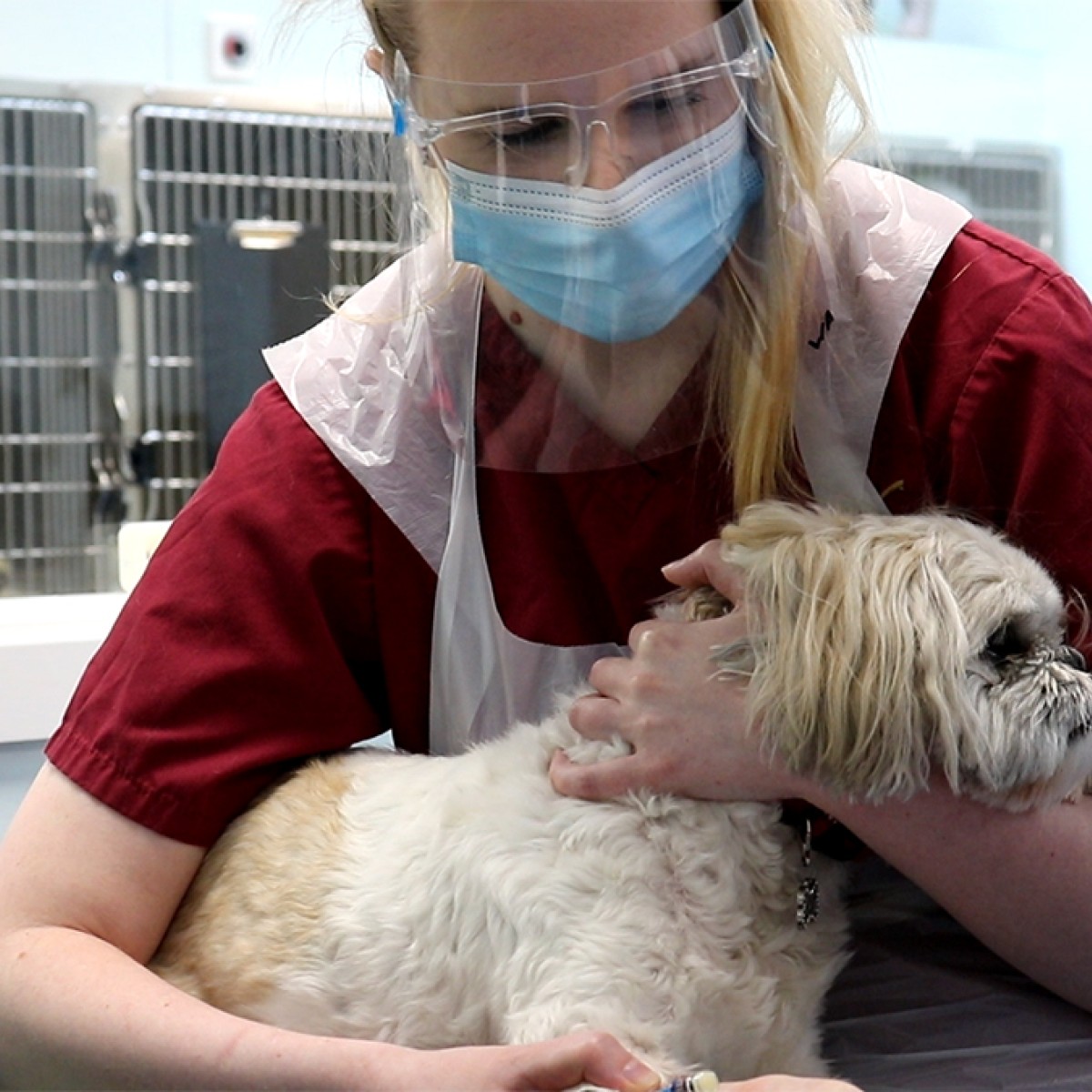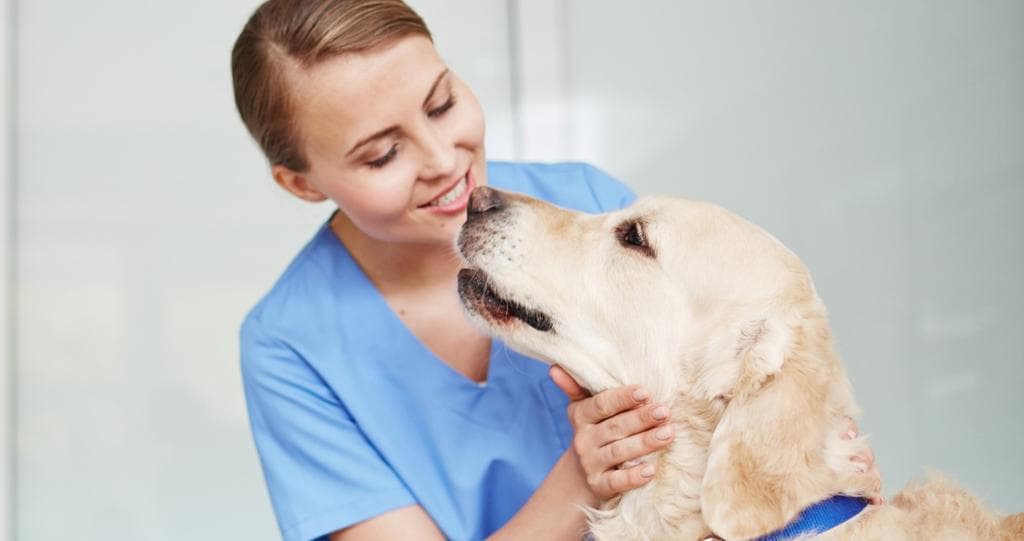Welcoming a stray cat into your home is a heartwarming decision, but it comes with responsibilities, especially concerning their health. Stray cats often come with unknown medical histories, making it crucial to prioritize veterinary care to ensure their well-being. Here’s a closer look at the essential veterinary treatments to kickstart your stray cat’s journey to good health.
Initial Veterinary Assessment

source: paragonvet.com
The first step after bringing a stray cat home is to schedule a comprehensive veterinary examination. This initial check-up allows the vet to evaluate your cat’s health, uncover any underlying issues, and establish a baseline for future care. This visit typically includes a physical exam, vaccinations, and screenings for parasites.
For comprehensive veterinary care for your newly adopted stray cat, consider scheduling an appointment at Saltwater Animal Hospital, where experienced professionals can provide the necessary treatments and guidance for your feline companion’s well-being.
Vaccinations
Vaccinations are vital in protecting your cat from common infectious diseases. Core vaccines, such as those for rabies and FVRCP (feline viral rhinotracheitis, calicivirus, and panleukopenia), are recommended for all cats. Additional vaccines like those for FeLV (feline leukemia virus) or FIV (feline immunodeficiency virus) might be advised depending on your cat’s lifestyle.
Parasite Control

source: vitalityvet.com
Stray cats are prone to parasites like fleas, ticks, ear mites, and intestinal worms. Implementing a robust parasite control regimen is essential for your cat’s comfort and health. Your vet can recommend suitable flea and tick prevention products and prescribe deworming medications as needed.
Spaying or Neutering
If your stray cat hasn’t been spayed or neutered, scheduling this procedure is crucial. Apart from population control benefits, spaying or neutering offers various health advantages. For instance, spaying reduces the risk of uterine infections and mammary tumors in females, while neutering decreases the likelihood of roaming and fighting in males.
Dental Care
Dental health is often overlooked but is integral to overall well-being. Dental issues can lead to pain and systemic health problems. Your vet can conduct a dental exam and recommend professional cleanings, dental diets, and at-home oral care routines to maintain your cat’s dental health.
Nutritional Guidance

source: sositiveimpressionsllc.com
Providing proper nutrition is essential for your cat’s health. Stray cats may have specific dietary needs based on factors like age and health status. Your vet can offer personalized nutritional advice and recommend high-quality cat foods. Maintaining a healthy weight through portion control and exercise is also crucial.
BehavioralCounseling
Stray cats may exhibit behavioral issues due to past experiences or lack of socialization. Behavioral counselling can help address concerns like litter box problems or aggression. Your vet can provide valuable insights and strategies to improve your cat’s behavior and strengthen your bond.
Adopting a stray cat is a compassionate act that requires commitment to their well-being. You can provide your cat with a solid foundation for a healthy and fulfilling life by prioritizing essential veterinary care and proactive measures. Remember to consult your vet for guidance and support along the way. Together, you can ensure that your stray cat receives the care and attention they deserve.




